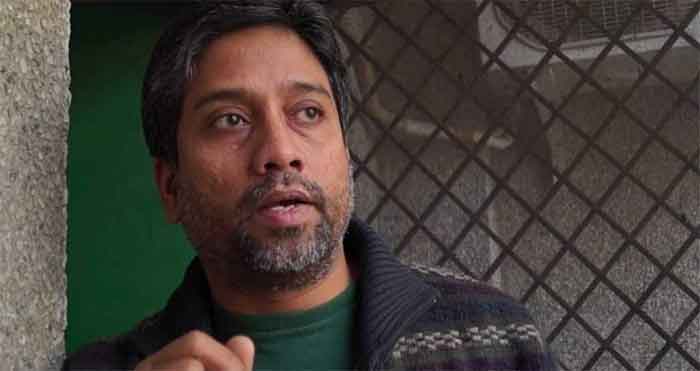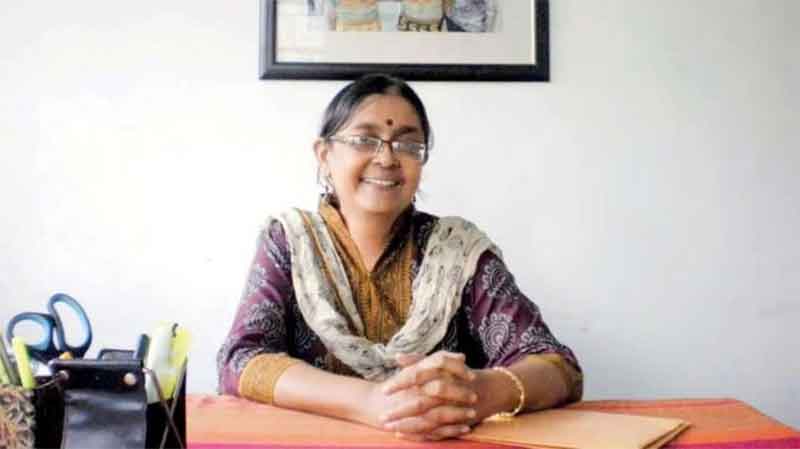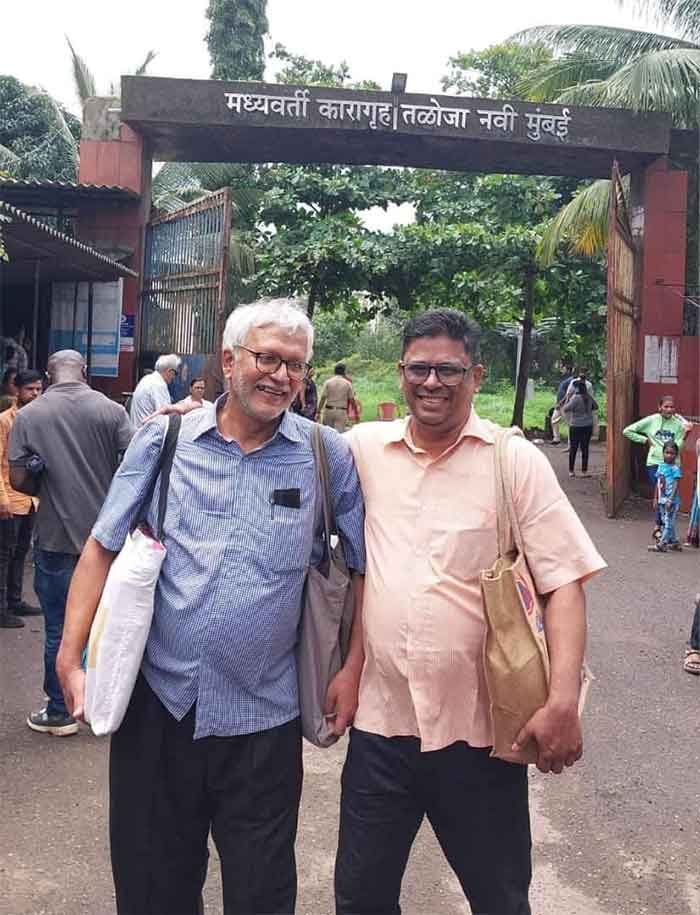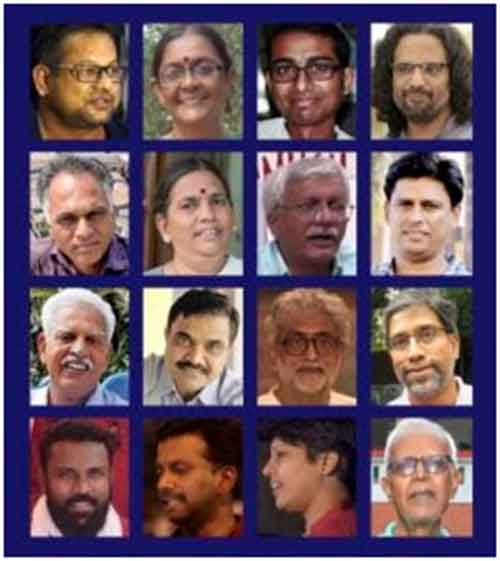
Hany Babu was my M.Phil supervisor from 2017-19 in the Department of English at Delhi University.
I was working on conceptions of citizenship, broadly speaking. Whenever my analysis veered off into being too abstract or ahistorical, he invariably reminded me of the concreteness of the term and it’s efficacy. Yes, its efficacy; for him it was always a concept that held promise. His own paper on the topic, ‘Citizenship and Rights’ remains firmly constitutional in its analysis. And whenever my historicization veered towards cataloging the various injustices that have superseded the concept in India, taking on a tone that was less measured—he would tell me with his easy laugh, “but we’re not rabble rousers, we are academics.”
And thus, it is nothing short of absurd that the same person is being incarcerated for inciting violence. In an interview before his arrest he says, “Today, if you oppose state policy, you can be targeted. But the moment you curb your thought, how can you be an academic? What kind of academic work are you doing?” As a teacher, that was the space he held open for us—of a world that is not exhausted by its instrumentalities.
It is with the same spirit that he reads the actual charge sheet of the Elgaar Parishad case, which he managed to procure after being harassed last year as a possible suspect. Laughing as he recounts that the document, in those many words, takes issue with the coming together of some Dalit and Left groups and the putting up of “an anti-fascist front”, he also sees how this atmosphere of surveillance has ensured that academics are now on the back foot, and the synchronization between various groups fighting for justice has been broken up. What we are being allowed, in effect, is the powerlessness of single-issue struggles.
As a professor of one of the most visible central universities, his efforts to activate social change through the various choices he made as a teacher was exemplary. From the setting of syllabi, to lines of intellectual enquiry or the interaction with students—he quietly but constantly fought enormous pressure from outside and calmly opposed the reigning ethos of the university. Our education owes much to this.
Looking back, I would say he was singular in his attempts to historicize and re-conceptualize the uses that English—as a language and a discipline—could be put to. He questioned any unthinking celebration of ‘vernacular thought’, as has become fashionable to do (albeit in covert terms) over the years in humanities departments. Instead, he pushed us to do the much more difficult and confusing work of interrogating caste as an organizing structure of all forms of sociality in India. Needless to say, there was scant institutional support in these efforts, and yet he was committed to it, thereby granting us, his students, that very possibility.
Infectiously warm and assuringly composed, the simple fact of his presence made such a difference, it created a safe space—something that is becoming so rare to find given the unrest being engineered in public universities ever since this government came to power. The increasing suicide rate of students, especially of those coming from unrepresented backgrounds is testament enough. The only picture his office wall bears is one of Ambedkar. A few years ago, when the MA students protested the hiring of some teachers for their “dismal teaching skills”, Hany gently urged the protestors to see beyond the smokescreen of institutional legacy or personal entitlement to uncover what lay at the heart of it—the idea of ‘merit’. From coordinating a committee working for the release of Professor G.N. Saibaba, to seeking data on reserved seats through RTI applications to each of DU’s 77 colleges and then taking that up in court—he worked tirelessly (and imaginatively) towards Constitutional methods of justice.
This is something that bears repeating, since the irony seems to have escaped many. He studied by evening and pursued a degree from the Faculty of Law—while also working and teaching full time at the department, commuting all the way from Noida. His profile on twitter carries multiple re-tweets of lectures by an initiative called the “Ambedkar Online Free Law School”—aimed at educating citizens regarding their basic constitutional rights. Another post is regarding an invitation to a panel discussion with practicing lawyers is titled “What is due process and why is it important?” To everybody who knew him and read him—he was someone who believed in the power of the law and the possibilities of justice it held within itself.
One of his last tweets before his arrest reads, “Day in and day out we are reminded that there is no justice in this country. And there is no peace without justice”. What we are currently witnessing is nothing short of a purge dressed in the garb of law. All ideological opponents are being weeded out, and the very possibility of dissent being put to question. It is hard to miss that most of these arbitrary arrests also fit well with the criminalization of minorities that is already underway.
Saumya Sethia is a literature student based in Delhi. She can be contacted at [email protected]
SIGN UP FOR COUNTERCURRENTS DAILY NEWSLETTER















































